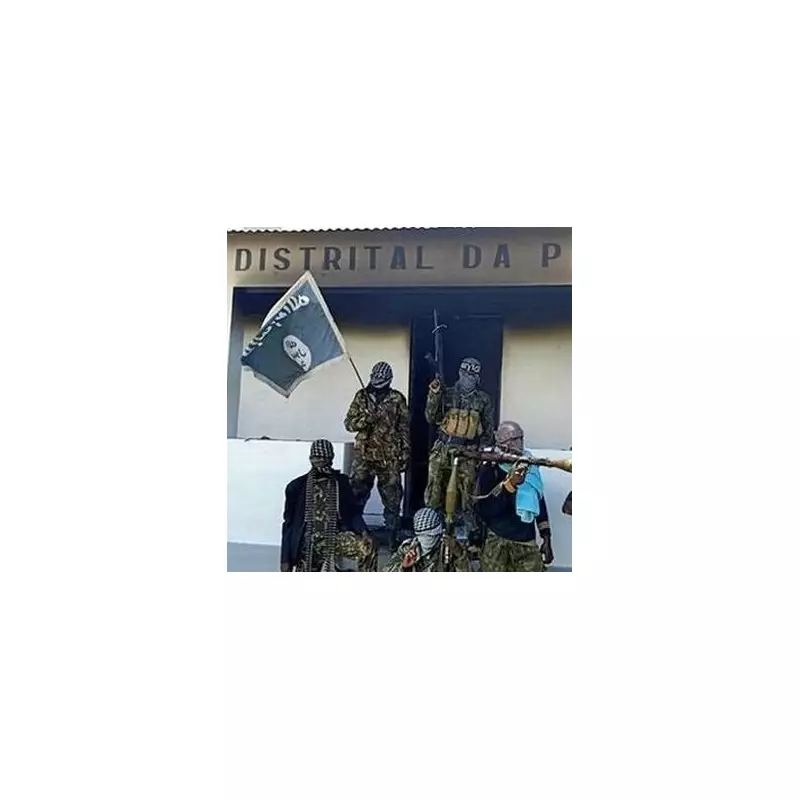
A chilling new intelligence assessment has revealed that the Islamic State (ISIS) is not only regrouping but is rapidly expanding its operations across Africa, presenting a grave and direct threat to Western security.
The report, compiled by defence intelligence firm Janes, indicates that ISIS has successfully reconstituted a formidable fighting force of approximately 20,000 militants. This resurgence is primarily concentrated in the vast, ungoverned spaces of the Sahel region and other conflict zones on the continent.
From Defeat to Deadly Resurgence
Despite its territorial defeat in Iraq and Syria in 2019, the terror group has pivoted its strategy, exploiting political instability, poverty, and weak governance in African nations. This has allowed it to establish new strongholds, train recruits, and plot international attacks far from the scrutiny of Western intelligence agencies.
Colonel Richard Kemp, a former commander of British forces in Afghanistan, delivered a stark warning: "The threat is very real. They are not just a local problem. They have the intent and they are developing the capability to launch attacks against the West, including the UK."
The New Front Line
The analysis pinpoints several key areas of concern:
- The Sahel Belt: Groups like ISIS in the Greater Sahara (ISIS-GS) are wreaking havoc in Mali, Niger, and Burkina Faso.
- Mozambique: A violent insurgency by ISIS-Mozambique continues to destabilise the northern Cabo Delgado province.
- Somalia: ISIS-Somalia remains a persistent threat alongside the notorious Al-Shabaab.
- Democratic Republic of Congo: The Allied Democratic Forces (ADF), now affiliated with ISIS, are committing brutal atrocities.
This geographic spread demonstrates a strategic shift, allowing the organisation to operate with a level of impunity that was no longer possible in the Middle East.
A Clear and Present Danger to the West
The report concludes that this African resurgence is not an isolated regional crisis. It provides ISIS with a secure base to plan, fundraise, and develop complex attack networks aimed at European targets. The group's ideology remains potent, and its ability to inspire or direct lone-wolf attacks is a significant ongoing concern for security services in London and other major capitals.
The warning is clear: the world must not become complacent. The Islamic State has adapted, evolved, and emerged from the ashes of its so-called caliphate more dispersed, more digital, and in many ways, more dangerous than ever before.





